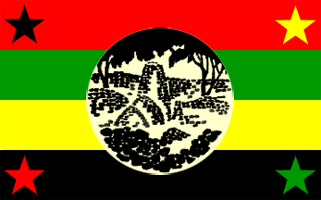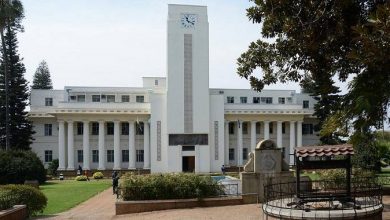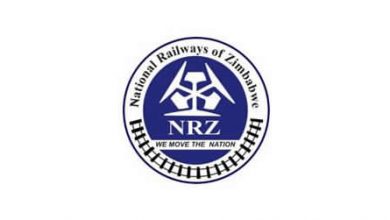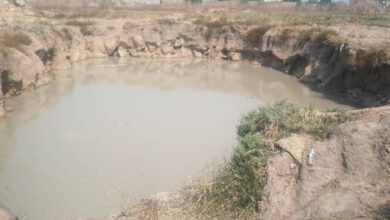Prioritise safety nets in national budget, ZIMCODD urges govt
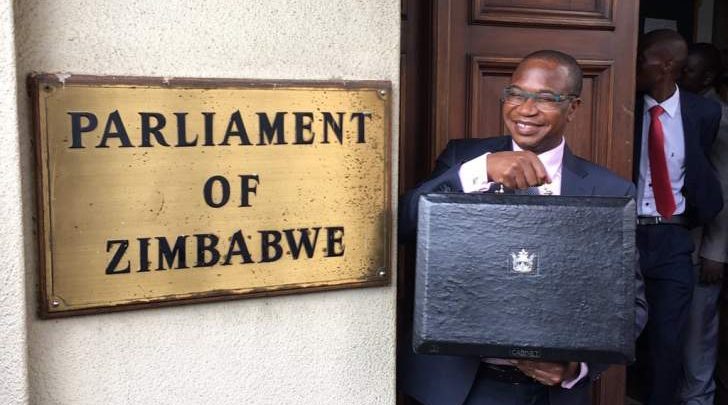
As the country awaits the 2022 national budget presentation slated for next month, the Zimbabwe Coalition on Debt and Development (ZIMCODD) has urged Finance Minister, Mthuli Ncube, to prioritise social safety nets in next year’s fiscal policy statement.
ZIMCODD is a social and economic justice coalition that facilitates citizens’ involvement in pro-people public policy.
In one of its recent reviews, the coalition called upon the government to address the issue of poverty in the forthcoming national budget.
“While commending the efforts of development partners, like the European Union (EU), [which] has announced that it will pay about US$12 in monthly cash payments to vulnerable urbanites struggling to make ends meet, there is an urgent need for comprehensive social safety nets in the forthcoming 2022 National Budget,” said ZIMCODD.
“Comprehensive and gender-inclusive social safety nets are vital to reduce the widening poverty and existing social inequalities. Over the years, the commitment by the government towards the social environment has been shrinking due to severe austerity measures and cutbacks to Government service delivery capacity.”
The organisation noted that feedback from ongoing 2022 National Budget consultations indicate a broad consensus for the reversal of austerity and implementation of ambitious social safety nets in the context of the COVID-19 pandemic.
“Popular measures for citizens include Universal Basic Income Grants and broader stimulus measures to increase the productivity of the informal and agricultural sectors where most Zimbabweans earn their livelihoods,” said ZIMCODD.
According to the September statistics by the Zimbabwe National Statistics Agency (ZIMSTAT) Food Poverty Line (FPL) per person per month stood at ZW$4,734.33 in September 2021, an uptick of 4.82% from ZW$4,516.52 realized in the preceding month (August 2021).
“Using the average household size of six a family needed to spend at least ZW$28,405.98 on food alone per month to be considered food secure,” explained ZIMCODD.
“Further, statistics showed that the Total Consumption Poverty Line (TCPL) stood at ZW$6,653.65 per person, up from ZW$6,350.29 in August 2021. This means that an individual required that much to purchase both non-food and food items as of September 2021 in order not to be deemed poor. As a result, an average household of six now requires nearly ZW$40,000 to meet their monthly expenses (food and non-food essentials) up from ZW$37,165 recorded last month.”
The increase in Poverty Datum Line (PDL) in Zimbabwe, ZIMCODD said, is in line with the perpetual depreciation of the local currency and the subsequent surge in the cost of living (inflation).
“Many Zimbabweans including civil servants are earning an average salary of ZW$17,000 per month which is way below the PDL,” said ZIMCODD.
“Hence, the majority of the population is living in extreme poverty as amplified by the World Bank’s economic and social update report released this year. The report showed that almost half of the population fell into extreme poverty between 2011 and 2020 and expects the status quo to hold in 2021 as prices continue spiking and the recovery of jobs and salaries remains slow due to the COVID-19 pandemic raging havoc.”
The coalition said the situation is dire in urban areas with the Zimbabwe Vulnerability Assessment Committee having reported that almost 83% of urban dwellers are struggling to purchase food and are unable to buy basic commodities like cooking oil, salt, sugar, and mealie meal.
“This is so because the majority of citizens are eking out an existence in the informal sector,” elaborated ZIMCODD.
“Though the informal sector is now recovering as lockdown measures are gradually getting relaxed, many small informal businesses that were shattered by the pandemic will take a long time to come back to life.”


